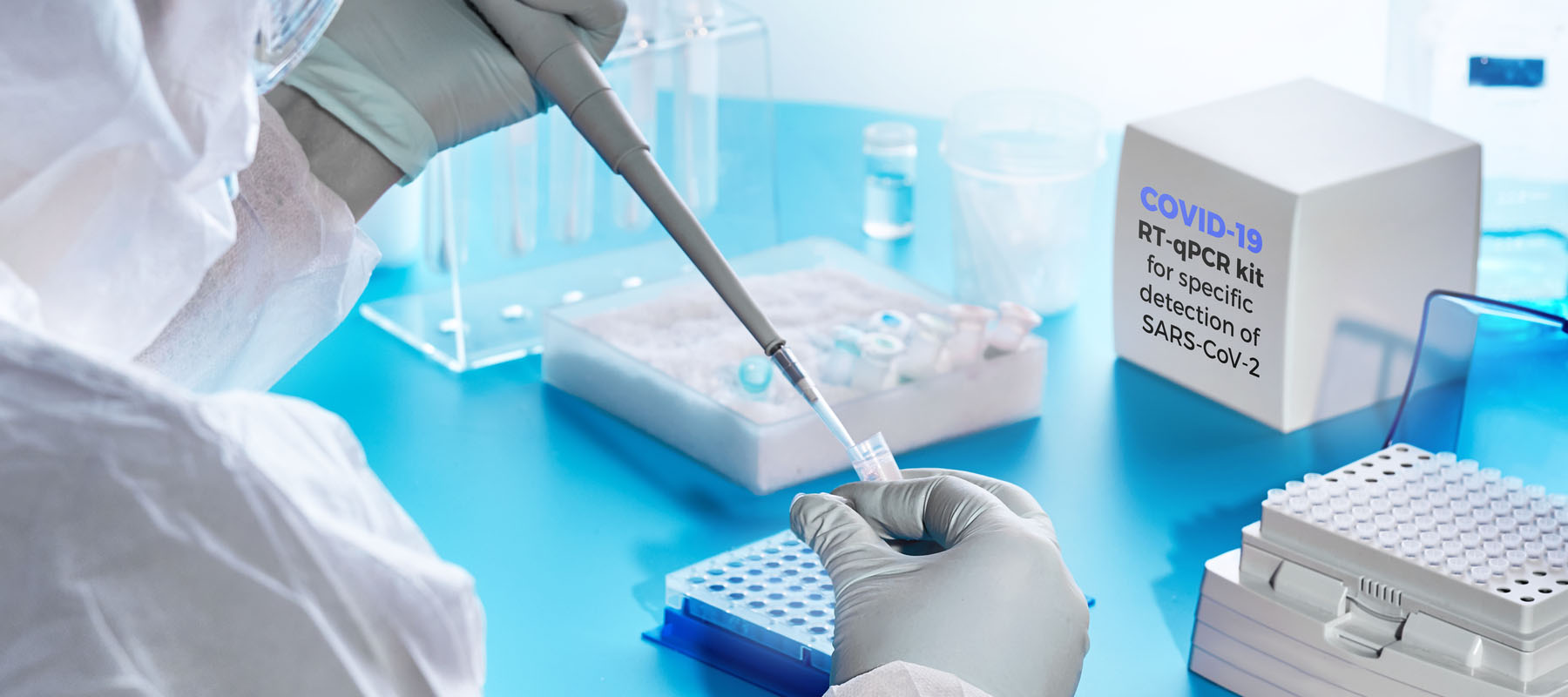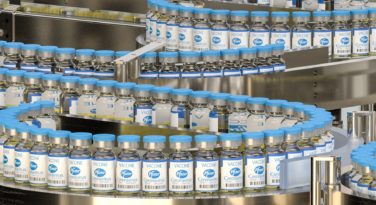Since the beginning of the COVID-19 pandemic, we have seen testing “laboratories” coming from anywhere and everywhere. Some of these laboratories are good and some are not. Can you trust the results you get? How do you know the difference between a good lab and a bad one? Regulatory agencies across the nation have fined, sanctioned, and closed dozens of laboratories across the country during this health crisis.
Your laboratory is only as good as the results it produces. A great deal of the decisions that physicians make in the treatment of their patients are made because of the results they get from the laboratory.
Here are some questions to ask when vetting your laboratory.
1. Do you have a Clinical Laboratory Improvement Amendments ’88 (CLIA) certificate? At what complexity level does the laboratory operate?
- A legitimate laboratory will have a CLIA certificate that is issued by The Centers for Medicare & Medicaid Services (CMS). Each state is responsible for the enforcement of the CLIA rules and regulations. The state agency is also responsible for performing inspections of the lab every two years.
- When a CLIA certificate is issued to a laboratory, the certificate will also list the medical areas for which the laboratory can perform testing and the complexity of those tests. For example, most COVID testing requires that the laboratory be certified to perform clinical microbiology/molecular testing and be designated as a high-complexity lab.
2. Can you give me an example of your patient report?
- A reputable laboratory can provide this in a matter of seconds. Whether this report is paper or electronic they should all have the same basic information and include the following components. The lab’s CLIA number and the name and contact information of the CLIA Medical Director (each clinical laboratory must have a person that is qualified to be the director and is usually an MD or PhD). The report should also have the ordering provider (your doctor), and basic patient demographic information. It should also contain information about the specimen, including the source of the specimen as well as the date and time the specimen was collected, received by the laboratory, and when the results were released back to the physician. Lastly, the report will contain information about the test that was ordered and how to interpret the result.
3. Is the laboratory enrolled in proficiency testing?
- Each laboratory should be enrolled in a third-party testing program that measures its ability to produce accurate results. CMS regulates certain tests and requires as part of the CLIA program that the laboratory be registered in an approved proficiency testing program. These results are then reported to CMS for evaluation.
4. Can you give me an example of the laboratory’s quality indicators?
- Each laboratory will have an overall quality management plan. As part of the quality plan, the laboratory will focus on different areas of the testing process to monitor its ability to produce accurate results in a timely manner. Asking questions that would reference this quality plan will give you an idea about how seriously the lab takes quality. For example, you can ask about the lab’s specimen rejection criteria, and what the rejection rate is. You should also be able to ask about the positivity rate of a certain test or the average and median turnaround time for testing. Each should be answered easily by the lab.
5. Can you provide a copy of your Emergency Use Authorization (EUA) from the FDA?
- In order for a complex lab to provide COVID testing services, an EUA would have to be on file with the FDA and the most important aspect of validating an organization’s EUA is to review the place of service in which the FDA has authorized their validated assays and test kit.
In choosing a laboratory to do your testing, do not be afraid to ask questions. If the lab values the quality and accuracy of their results they will answer every question directly and freely. If the lab is evasive in their answers, move on. There are plenty of quality laboratories out there that want to do the best possible job and pride themselves on maintaining the highest quality standards.








